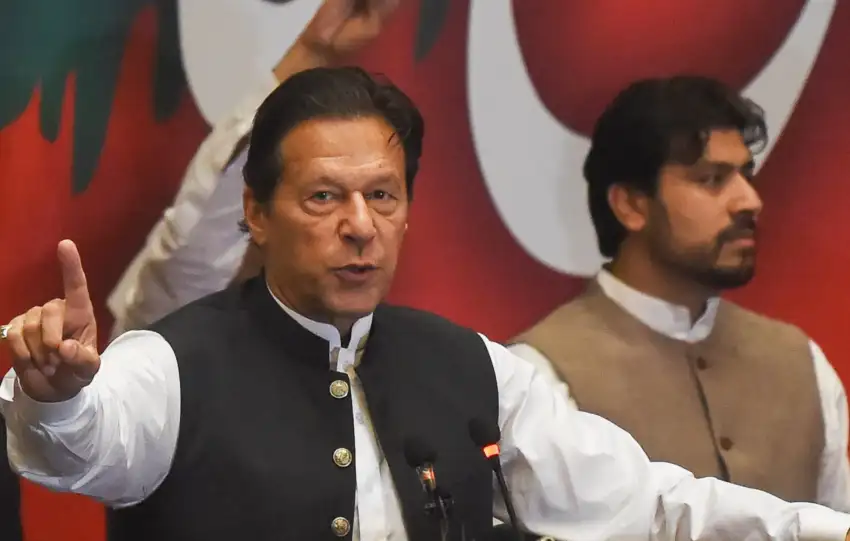Smog Crisis Intensifies in Punjab
Lahore and Multan, two of Punjab’s major cities, are grappling with a smog emergency, prompting the provincial government to impose strict lockdown measures from Fridays to Sundays. Dense smog, caused by toxic pollutants and seasonal crop burning, has led to Air Quality Index (AQI) levels skyrocketing above 2,000 in some areas, making it one of the most polluted regions globally.
Provincial Minister Marriyum Aurangzeb declared, “Smog is now a health crisis,” as hospitals report a surge in respiratory illnesses. Over 1.9 million cases have been reported across Punjab within a month, with Lahore alone accounting for more than 126,000 cases.
Lockdown and Restrictions
To curb pollution, the Punjab government has taken drastic measures:
- Complete Lockdown: Enforced on weekends in Lahore and Multan.
- School Closures: Educational institutions remain shut or have shifted to online learning until November 24.
- Construction Ban: A 10-day suspension on construction activities.
- Traffic Restrictions: Heavy vehicles are banned except for those transporting essential goods like fuel and medicines.
- Office Operations: Only 50% of staff are allowed in offices, with the rest working remotely.
Restaurants operate on reduced hours, while pharmacies, medical facilities, and food supply chains remain exempt.
The Bigger Picture: Environmental and Health Impacts
Smog affects visibility, disrupts travel, and severely impacts public health. Eye irritation, respiratory issues, and reduced life expectancy are among the documented consequences. According to the Energy Policy Institute at the University of Chicago, Lahore residents lose an average of 7.5 years of life expectancy due to air pollution.
Despite the measures, experts argue that ad hoc solutions are insufficient. Environmental lawyer Rafay Alam highlighted that years of inaction have exacerbated the crisis. “It will take decades of consistent efforts to reverse the damage,” he stated.

Government Initiatives to Combat Smog
- Green Lockdown Expansion: Previously implemented in Lahore, the green lockdown now extends to Faisalabad, Gujranwala, and Multan. Measures include bans on open-air barbecues, construction activities, and rickshaw operations after 8 PM.
- Vehicle Monitoring: Traffic police are equipped with smoke detectors to identify high-emission vehicles.
- Plantation Drive: The government plans to expand Lahore’s green cover, which currently stands at 3%, far below the recommended 36%.
- Farmers’ Support: Over 1,000 super seeders have been distributed to help farmers dispose of stubble without burning it.
Breakthrough in Artificial Rain Technology
Punjab achieved a significant milestone in combating smog with the successful implementation of cloud seeding technology. In a collaborative effort involving the Pakistan Army, Environmental Protection Agency (EPA), and other agencies, artificial rain was generated in Jhelum and Gujar Khan.
The operation, conducted using locally developed technology, is expected to reduce smog levels significantly. Chief Minister Maryam Nawaz hailed it as a “historic achievement” and a game-changer for weather management in Punjab.
The provincial government plans to expand this technology, with hopes of similar rainfall in Lahore. The success of this project sets a new precedent in leveraging technology for environmental challenges.
Call to Action
While immediate measures and technological innovations provide hope, the long-term solution lies in consistent policy implementation and public cooperation. From using clean fuels to increasing green spaces, Punjab must address the root causes of smog to ensure a healthier future for its citizens.

